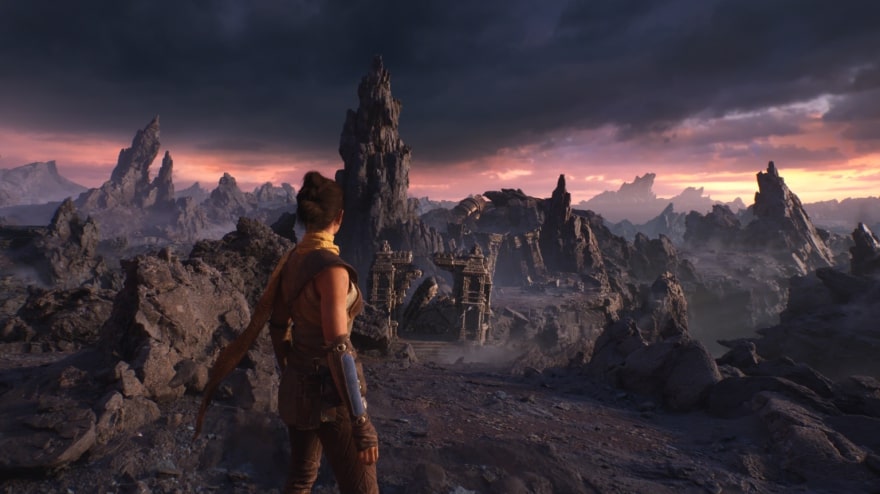According to The Wall Street Journal, Epic Games Inc., the company that created the video game Fortnite, has consented to pay $520 million to resolve claims made by the Federal Trade Commission that it intentionally violated children’s online privacy laws and tricked users into making unintended purchases.

The creator of the popular video game “Fortnite,” Epic Games, has agreed to pay the US government a total of $520 million to resolve claims that it deceived millions of players, which include kids and teenagers, into making unplanned purchases and that it broke a key federal law protecting the privacy of children.
In order to settle allegations that it violated the Children’s Online Privacy Protection Act (COPPA) by collecting the personal information of children under the age of 13 without first obtaining their parent’s verifiable consent, Epic has agreed to pay the US government $275 million.
Read More: Journey of a gaming firm that left a bigger footprint in the gaming industry
According to the FTC, it is the biggest fine it has ever assessed for breaking a rule it has enforced. In a second, different settlement, Epic will fork out $245 million in payments to customers who the FTC claims were injured by user-interface design decisions that were misleading.
According to the FTC, this accord is the biggest administrative order in the agency’s history.
TC commissioner Christine Wilson emphasized the risks of ignoring children’s privacy concerns when it comes to online gaming. She gave three instances of actual underage users involving sexual abuse and child pornography with the intention that it would serve as “a wake-up call to skeptics who believe that invasion of privacy lead merely to targeted advertising.”
The settlement, according to FTC Chair Lina Khan, demonstrates the agency’s increased attention to privacy and so-called “dark patterns,” which are design cues meant to steer users in the direction of a company’s favored outcome.
The FTC and Epic have reached a tentative agreement that restricts Epic from charging customers without their permission or utilizing dark patterns. It also bans Epic from locking users out of their accounts in reaction to users’ refund requests with credit card providers disputing erroneous charges. The agreement will be in effect for 20 years after it is implemented.
Along with paying a fine, Epic will be prohibited from allowing text and voice communication for kids and teenagers without parental approval. Additionally, the company will be required to remove any personal data it earlier connected via Fortnite in contravention of COPPA laws unless it receives permission from parents to keep it.
On its website, Epic wrote a lengthy article describing the accusations and settlement. It noted, “No developer creates a game with the intention of ending up here. The video game industry is a place of fast-moving innovation, where player expectations are high and new ideas are paramount. Statutes written decades ago don’t specify how gaming ecosystems should operate.
The laws have not changed, but their application has evolved and long-standing industry practices are no longer enough. We accepted this agreement because we want Epic to be at the forefront of consumer protection and provide the best experience for our players.”

I am a law graduate from NLU Lucknow. I have a flair for creative writing and hence in my free time work as a freelance content writer.